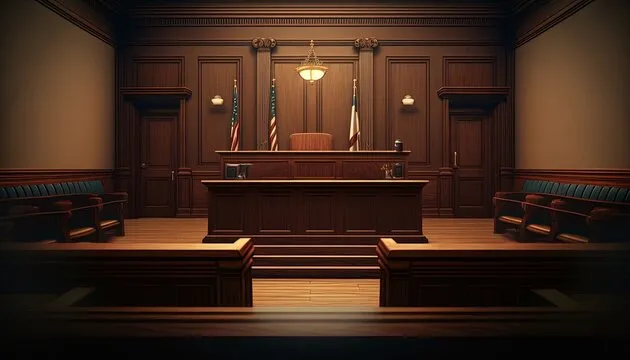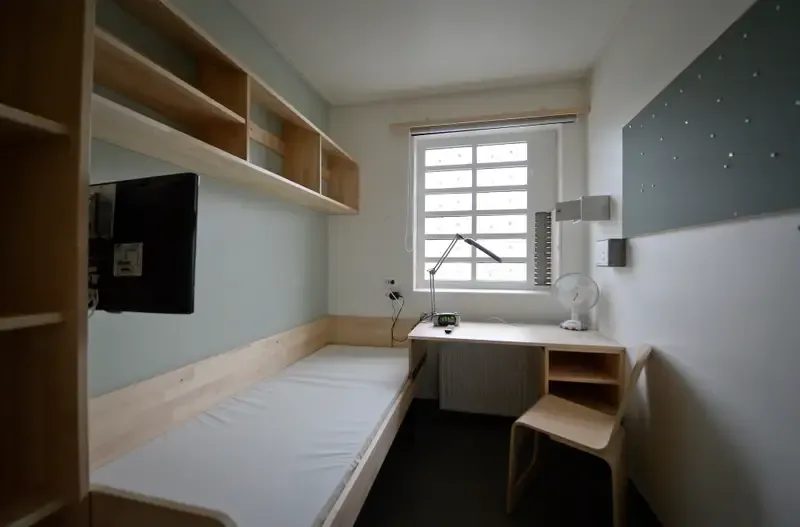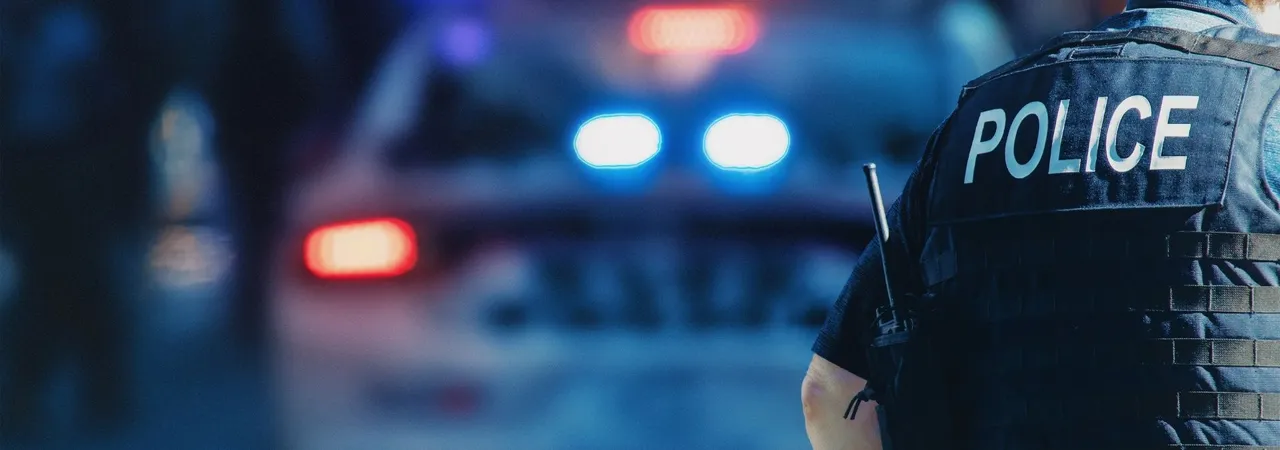Central System Replaced By Voluntary Exchange

Image Source
Our society has seemingly become more and more privatized with each passing day. Almost each sector feels like there is some aspect of private control and/or competition. However a sector of our nation that has yet to fall into this privatization is our law enforcement and criminal/judicial sectors. While the application of voluntary exchange is used in a number of ways during Dr. Murphy's presentation, the systems of law enforcement and the prison system hold the most interesting potentials to me. While many believe these systems should remain in the control and management of a central power, a discussion has been made for the implication of a private system of law enforcement, court, and prison. Growing up in a household which included a member of law enforcement, I have had a chance to begin to understand what some of the job looks like and why it may be necessary to not change law enforcement too much. However, there may be certain benefits to reviewing our prison system and changing certain factors within it.
A Look At Prison
 Image Source
Image Source
American prison is often depicted as a place full of some of the most hardened criminals and troublemakers around. TV shows and movies portray prison as a place where violence is amplified and punishment is continually dealt out for one's crimes and behavior, both before and during their sentence. The unfortunate truth is that many of these shows are not too far from the truth. Our current prison system seems to have a tendency to produce hardened people, not necessarily keeping them from committing more crime once they are released, but rather containing them in a space where they are surrounded by assault, negativity, and ruthlessness. Our current system is so harsh that it serves as a strong enough deterrent for many to not commit crimes, however, for many, crime can seem like an only option. While I do not support criminal activity of any kind, many people try to justify certain cases saying the activity was a necessity for survival, such as stealing something of value to sell for money. These people who just feel as if they have no other option can become hardened criminals in prison, who come out in a worse situation and are more likely to commit more crime having forced into a harsh system.
I believe that experimenting with the privatization of prisons could be a vital step in the reform of our prison system that has long been pushed for in our nation. Taking a page from the Swedish system (see their prison room pictured above), I think focusing on prisoner rehabilitation and professional/educational growth should be a top priority of the system. By exploring the privatization of this sector, I feel as if we could establish a system that gives prisoners an opportunity to create new worth within themselves, develop skills that help put them in a better position when they leave than they knew when they came in, and creating a system where they are not surrounded by the violence we have in our current system. While I understand prison is a punishment for crimes committed by a person, a system that helps prevent repeat offenders seems exceptionally beneficial and could be streamlined by privatizing the sector.
Law Enforcement
 Image Source
Image Source
Over the last few years, the law enforcement industry of the United States has been under extreme scrutiny. Instances of police brutality, excessive force, or disregard for safety have led movements against police departments and the system of law enforcement. While these events have and, unfortunately, still do occur, they are still outliers in the police world and are far from regular. The thought of privatizing this section still doesn't make a ton of sense to me. I fully believe that the current system of policing works well without being a private business. I think that to make law enforcement private and use it in the way Dr. Murphy discussed, a lot of major crime would have to not exist. My understanding of what Dr. Murphy discussed with making law enforcement private seemed to apply to petty cases that revolved around smaller crime and/or minor disputes. While I think a private system would work just fine for a world where that's all crime was, I do not believe that a private law enforcement industry would work for the nature of our country. I think major crimes, investigations, and more gritty-oriented aspects of the jobs can be much more efficiently and appropriately handled under our current system. Others may not share this opinion, but my experience with members of law enforcement, the information shared with me, and the understanding of the world we live in leave me firm in my belief that our current system of law enforcement is the best option for our nation as it stands.
Conclusion
The thought of implementing voluntary exchange into our society in the sectors of our nation revolving law enforcement, the court system, and the prison system comes with some interesting and promising possibilities. I believe that opening the court system to privatization could provide the opportunity to reshape the system into a more beneficial and efficient process, benefiting both prisoners and society. However, I think that the system of law enforcement is better off as it currently stands and would only be harmed by pursuing a more private approach. In another society, perhaps this system could be implemented and prove successful, but in our current nation I do not believe we would benefit from a private law enforcement system.